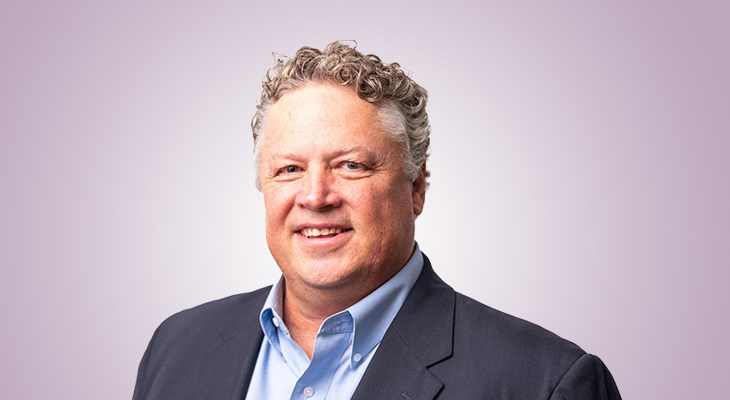Silas Deane and his company, VendEngine Inc., a financial tech software solution for inmates and their families, recognized there were serious issues with correctional facilities when it comes to money transfers.
Prior to VendEngine, family or friends of inmates wishing to gift money to inmates to use in the commissary or to make phone calls or other transactions would have to drive to the facility, stand in line and hand the cash to a person behind a glass partition. After doing all that, there was no guarantee the money would make its way to the inmate.
“I saw that system and I said, ‘there has to be a better way,’” Deane says. “So, we started as an idea, a fintech company to create an app and to create an online way for mom or brother or sister to be able to put money into an incarcerated individual's account electronically.”
The VendEngine software allows the money to be transferred through an app and gets directly deposited into the inmate’s account. In addition, VendEngine acquired a kiosk company and installed them in the prisons, allowing access to funds.
The idea was such a success, instead of getting a private equity investor, Deane and his team sold the company outright to Tyler Technologies for $83.1 million in September of 2021. Deane remains with Tyler as vice president. Before the sale, VendEngine had grown to operate in more than 230 counties in 32 states.
It all started in one rural county jail in Tennessee.
“Before we knew it, we were doing 85 percent of the transactions across the state of Tennessee for county correctional facilities,” Deane says. “There were some large companies like Aramark that were doing some kiosk-based transactional things, but you still had to physically go to the facility — you had to drive yourself there and put money into a kiosk machine.”
The company was so successful with tremendous overnight growth that Deane says they never thought about getting an investor in the beginning.
“We just manage this business through good, old-fashioned cash-flow management,” Deane says. “And before we knew it, we had grown to over 50 employees, and $15 million-plus in sales and revenue.”
They also made two acquisitions during that growth, taking out some bank debt to do so. One acquisition was a software development company they previously used as third-party vendor.
“They had other clients and we wanted to be their only client,” Deane says.
The other key acquisition was a kiosk manufacturer that allowed VendEngine to have POS systems in correctional facilities where inmates could order items. That arm of the company grew so quickly, they now have kiosks all over the world.
The success of both the app and the kiosk arm made it easy to attract investors.
“I mean, who didn't want a great, cash-flowing fintech company — no debt, transactional revenue hitting the books every single day?” Deane says. “Managing the interest in our company was a full-time job.”
To alleviate some of that workload, Deane hired broker group Brentwood Capital.
“They were excellent,” Deane says. “They had an entire team of professionals — they handled all the questions, spreadsheets, accounting questions, and by the end of the process, they knew our business better than we did.”
Having never gone through a capital raise, Deane spent nearly two years listening to investors interested in his company.
“Every CEO of any small, privately held company is getting emails every day from investment groups that know how to run our business or want to, you know, invest in who we are or whatever,” Deane says. “Most of the time you just ignore those spam emails, you don't answer the questions. I was the one guy that actually replied, and I said, ‘Okay, I'll take your meeting. I'll listen to your pitch. I'll drink coffee with you.’
“I just invested my time and energy to learn all about the capital process. By the end of the day, not only did I have a nice genned-up audience ready to invest in our company, I narrowed down my interest in who I wanted to talk to along the way as well.”
Silas Deane discusses how he took an idea and sold it for $83 million on the Smart Business Dealmakers Podcast. Hit play to catch the full conversation.




